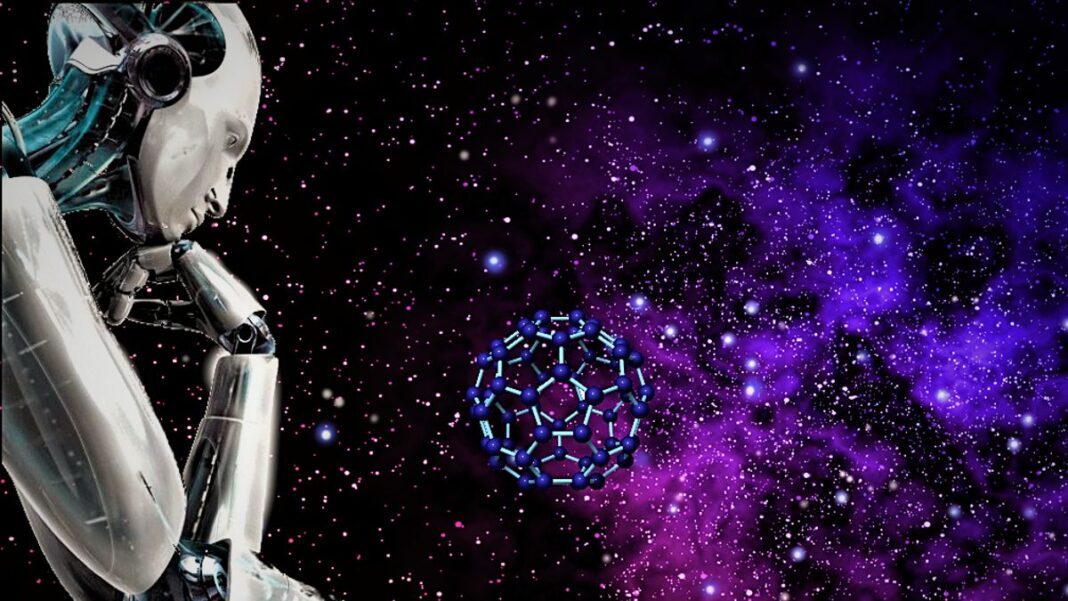Blade Runner wasn’t that far off after all
In November 2022, the release of an artificial intelligence (AI) online chatting program named ChatGPT shocked the world. This program is so “smart” that it delivers frighteningly human-like responses and seems to have very few flaws compared to previous versions. Not only do people treat it as a conversation companion, but they have also started to use this AI technology for a variety of tasks, such as completing homework, creating stunning images, writing poems, etc.
Using ChatGPT is like accessing a supercomputer’s brain, making this technology intriguing and exciting but also a bit scary and threatening. In 2014, Elon Musk warned that with AI, “we are summoning the demon,” but this threat could only become real when AI like ChatGPT could generate responses to questions that are indistinguishable from how a human would respond. This technology is so powerful that there now exists a widespread concern that the landscape of many industries will be transmuted by this advancement, including academia and health care.
Jobs that usually require a human touch, such as those in the fields of journalism and the service industry, are facing replacement and automation. We have long thought that the art of language stands at the pinnacle of human wisdom, yet AI is knocking right at its doorstep. It is challenging our uniqueness and intruding upon our lives.
AI Is Now Extremely Advanced and Capable
ChatGPT can basically chat about anything you want. From analyzing code for you to writing full-on essays and poems, this free online program describes itself as a computer program designed to “understand and respond to natural language inputs,” such as text conversations.
ChatGPT stands for Chat Generative Pre-trained Transformer. The program is based on a set of technologies developed and used in programs that generate user-friendly responses. AI is something that needs to be taught how to think and respond using technology that functions like neural networks. This process involves feeding the AI mountains of information before it can process it, adapt, learn, create, and become intelligent.
By Dr. Sean Lin and Jacky Guan









